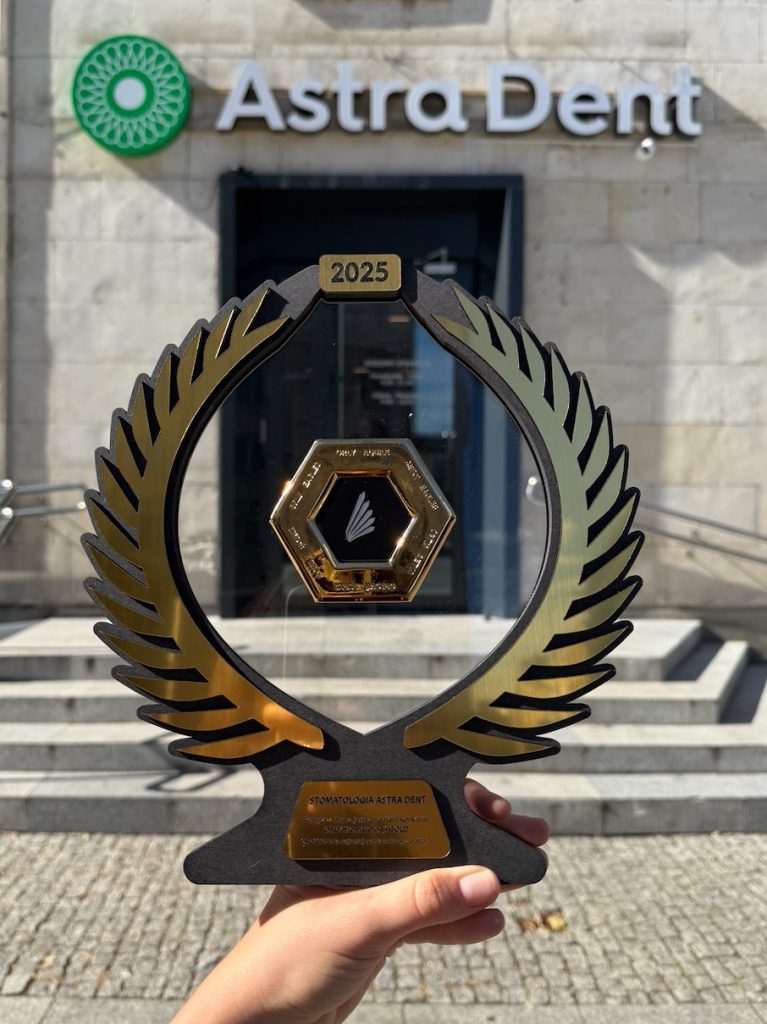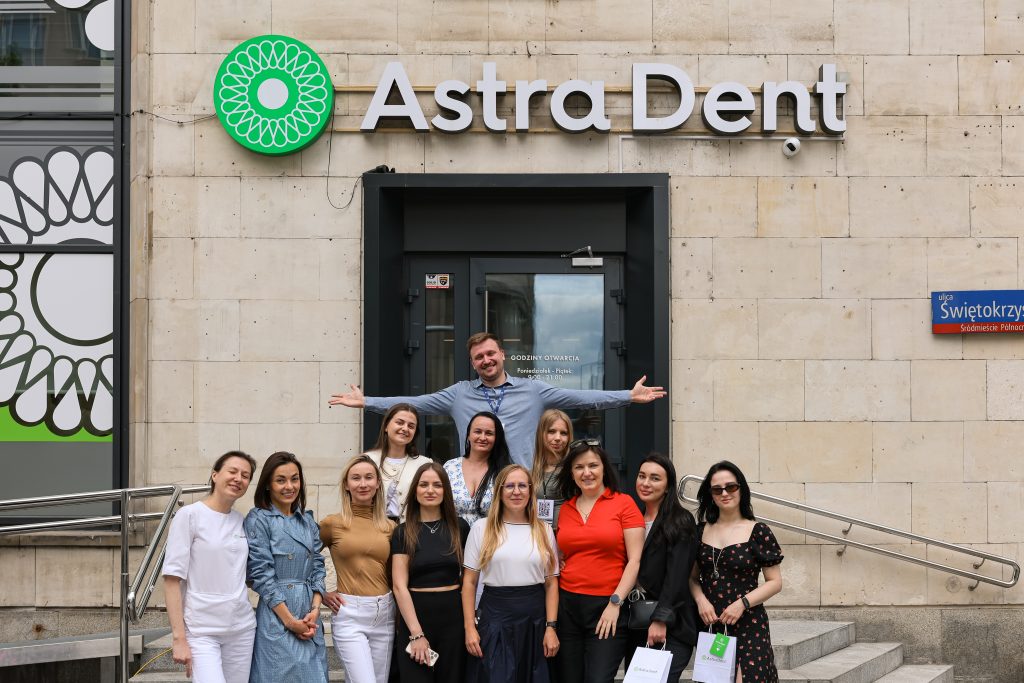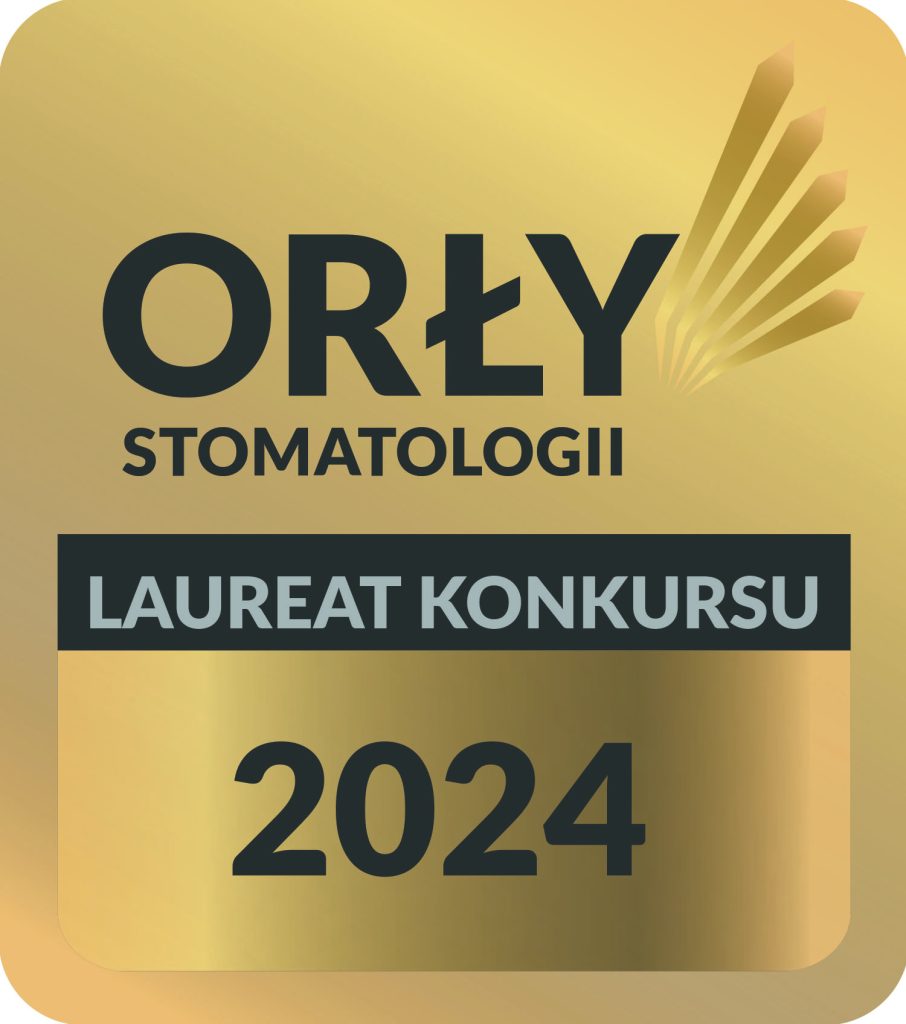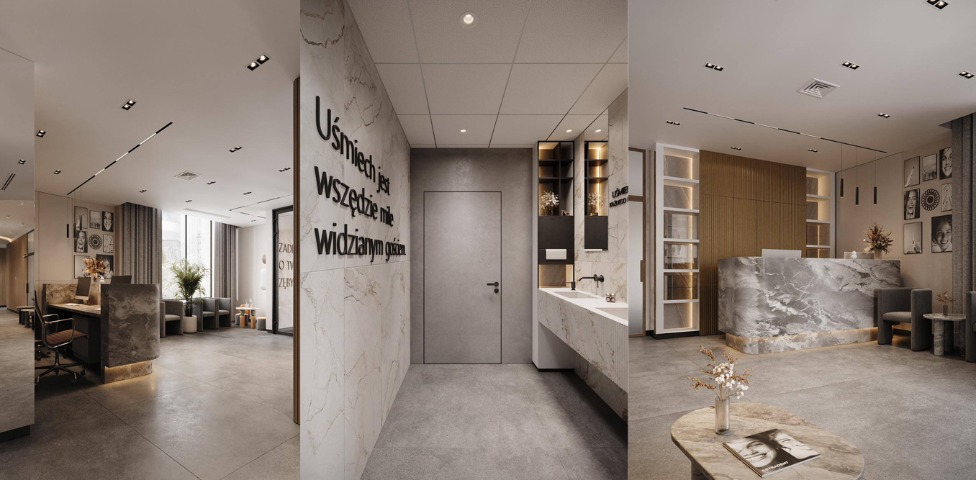satisfied patients
Endodontics
Book a visit
Dental treatment in Warsaw
More on procedure
Endodontics in Warsaw: save your tooth with modern root canal treatment at Astra Dent Warsaw
Endodontics is a branch of dentistry that deals with the diagnosis, treatment and prevention of diseases of the tooth pulp (internal soft tissue) and the surrounding root canals. Most often, this involves the treatment of pulpitis or periodontitis — inflammatory processes that occur as a result of deep caries, crown cracks, and unsuccessful restoration.
Inflammation of the tooth canals does not go away on its own. If you do not intervene in time, the infection will affect the jaw bone, which will provoke the formation of cysts and abscesses. Complications threaten with tooth extraction, and in advanced cases, infection and destruction of neighboring tissues.
Endodontic treatment at Astra Dent in Warsaw is performed using a microscope, electronic apex location, and machine processing of the canals. Thanks to this, specialists achieve high accuracy when cleaning and sealing even the most complex root systems. For hermetic filling of the canals, biocompatible materials based on gutta-percha are used, which do not shrink over time and do not cause allergies.
Advantages of endodontic treatment at Astra Dent Warsaw
Every year, more than 3 million endodontic procedures are performed in Poland, and almost half of them are performed on patients with a complex course of the disease. If standard treatment is not enough, an individual approach, accurate diagnostics and modern equipment are needed. This is how specialists at Astra Dent work, restoring the function of the tooth with maximum accuracy and long-term effect.
Why patients choose endodontic treatment at Astra Dent:
- Saving their own tooth. Instead of removing it, doctors are looking for ways to save the natural tooth. If the root is intact, even a severely damaged crown is not a sentence. The canals are cleaned, disinfected, filled, and an inlay or crown is installed on top. This allows us to restore full functionality of the tooth without implants.
- Painless treatment thanks to anesthesia. Pain relief is provided locally, without a general effect on the body. Computer anesthesia systems automatically dose the drug, avoiding excessive administration. Most patients do not even notice the moment of injection — it is so precise and gentle. The procedure is calm, without stress.
- Using a microscope for accuracy. The microscope allows the dentist to see channels with a thickness of less than 0.1 mm. This is extremely important in cases with branched, narrow or curved channels. Optics allow us to remove remnants of the old filling material, detect microcracks, and eliminate the risks of untreated areas.
- Long-lasting results without complications. Root canal treatment in Warsaw is performed with machine-made endodontic instruments made of nickel-titanium alloys. They preserve the anatomy of the canal and reduce the likelihood of damage to internal structures. The filling is performed with hot gutta-percha, which hermetically fills the entire volume, which prevents re-infection and recurrence of pain.
- Multilingual support and patient-oriented approach. At the medical center, you will be spoken to in your native language. All stages are explained with example images and treatment options. No one imposes expensive procedures. The decision is made together with the patient after discussing the advantages and prognosis of each option.
- Competitive prices compared to other EU countries. Endodontics at Astra Dent is significantly cheaper than in centers in Germany or the Netherlands. The same technique is used: apex locators, RVG diagnostics, optics, CAD/CAM systems. The difference is only in cost, not in quality.
Treatment of tooth canals is performed under the control of digital diagnostics, with certified materials of European production. And in complex cases, specialized specialists are involved in the therapy, including endodontists with over 15 years of experience.
When is endodontic treatment necessary?
Most patients learn about the need for endodontics after severe pain or swelling. However, there are many more indications for treatment than they seem. In some cases, the tooth looks completely healthy, although an inflammatory process is taking place inside. Diagnostics at Astra Dent in Warsaw includes electrical testing of the pulp, thermal tests, 3D X-ray (CBCT), and visual examination under a microscope. This allows us to accurately determine whether root canal treatment is really necessary and what stage the disease is in.
Indications for seeing a specialist at Astra Dent:
- Deep caries — when the infection has reached the pulp. If the carious cavity reaches the dentin, the infection penetrates the pulp through the dentinal tubules. There may be only a small hole on the outside, and purulent inflammation inside. At this stage, therapeutic filling is useless, because bacteria will continue to destroy from the inside.
- Pulpitis — acute inflammation of the nerve, causing severe pain. Unpleasant sensations arise spontaneously and can intensify at night. The pulp swells, presses on the walls of the root canal, provoking intense pain. Astra Dent doctors localize the affected tooth, even if the pain “radiates” to other areas. After removing the affected pulp, the patient feels relief on the same day.
- Fracture or injury to the tooth — if the nerve is exposed. When the crown is cracked or chipped, the pulp is often exposed, which becomes vulnerable to bacteria. In such cases, the canals are cleaned and sealed, after which the tooth is restored with an inlay or crown. It is important to cure pulpitis as soon as possible to avoid tissue necrosis or cyst formation.
- Recurrent caries under a filling or crown. If secondary caries develops under an old filling, the infection remains unnoticed for a long time. The tooth may look intact, but the X-ray shows a lesion near the root. Astra Dent uses intracanal milling and special solvents to remove old materials without excessive tissue preparation.
- Cyst or granuloma on the root of the tooth. This is a complication of untreated pulpitis or chronic infection. The picture shows a darkening near the root apex, which is the body’s attempt to isolate the infection. In such situations, retrograde filling or repeated endodontics is performed with subsequent control of the result after 6-12 months.
Root canal treatment in each of the listed cases is the only way to save the tooth without extraction. Astra Dent uses proven methods and technologies that allow achieving a stable result even in difficult clinical situations.
How is endodontic treatment performed at Astra Dent Warsaw?
Endodontic treatment is not one manipulation, but a whole algorithm in which accuracy is important at each stage. Astra Dent specialists adhere to international standards and use digital technologies that allow them to work with minimal error — up to tenths of a millimeter. The patient receives a detailed intervention plan with a prognosis, images, and technically sound restoration options.
Diagnostics – X-ray, 3D scanning
Astra Dent does not start any intervention without an X-ray. Panoramic X-ray allows us to assess the general condition of the teeth and identify pathologies that are not visible during a regular examination. If necessary, cone-beam computed tomography (CBCT) is used — a technology that creates a three-dimensional image of the root system in three projections.
CBCT allows the dentist to see:
- the number and shape of root canals;
- the degree of curvature of the roots;
- holes and atypical branches;
- inflammatory foci in bone tissue;
- foreign objects (for example, instrument fragments).
Detailed diagnostics are important during repeated treatment, when it is necessary to remove old materials or eliminate complications of previous interventions. Thanks to 3D scanning, doctors see anatomical features in advance and can choose the safest tactics of work without the risk of damaging healthy tissues.
Anesthesia — modern methods, without pain
Local anesthesia is performed using computer systems STA (Single Tooth Anesthesia) and The Wand. New generation technologies ensure local action of the drug – only on one tooth, without paralysis of the cheek, lips or tongue. The anesthetic is administered to the desired point and with minimal pressure, which eliminates discomfort during the injection.
The system automatically regulates the speed and volume of administration, taking into account the sensitivity of the tissues. The drug does not overload the body and acts evenly from the first minute. This approach is important for patients with cardiovascular diseases, allergies, increased anxiety.
Cleaning the canals — removal of infected pulp
Before work, the tooth is isolated with a rubber dam — a latex membrane that hermetically closes the surgical field, protecting it from saliva, microbes and moisture. The doctor removes the affected pulp and performs mechanical treatment of the root canals using a motorized system and special instruments:
- Nickel-titanium alloy files – flexible, resistant to deformation, adapt to the curved anatomy of the canal without breaking under load;
- Endomotor with torque control – automatically stops rotation in case of overload or risk of perforation;
- Reciprocating motion system – reduces the load on the instruments and improves control over the passage of difficult areas;
- Apexlocator – an electronic device for determining the length of the canal with an error of up to 0.1 mm, which eliminates the risk of “overfilling” beyond the apex of the root;
- Optics (microscope or magnifier with LED lighting) – allows us to visualize the entrance to the canals, additional branches, old material residues or instrument fragments.
Modern treatment methods and equipment make it possible to remove affected tissues without damaging the anatomical shape of the canal.
Disinfection and filling of canals
The cleaned canals are washed with sodium hypochlorite using ultrasonic activation. This allows to disinfect microscopic branches that cannot be processed mechanically. For filling, the hot gutta-percha method is used — the material fills the canal along its entire length, including the side branches. The stage ends with an X-ray control, which allows you to say with confidence: the canal is hermetically sealed.
Restoring a tooth with a filling or crown
After endodontic treatment, the tooth loses nutrition through the pulp and becomes less strong. To prevent it from breaking under load, it is necessary to choose the right method of restoration. Restoration is planned immediately after filling the canals, taking into account the volume of lost tissue, the location of the tooth and the functional load:
- Up to 40% loss of the crown part. A photopolymer filling with a reinforcing layer is installed, which restores the anatomical shape and ensures tightness. The material is selected by color and hardness, close to dentin.
- More than 50% tissue loss. An inlay or onlay is made, which is cemented into the prepared cavity to preserve and strengthen the tooth wall.
- Almost complete loss of the crown. A zirconium or ceramic crown is used, which is fixed on a stump inlay or pin. The restoration fully restores chewing function and withstands heavy loads.
Treatment is carried out under microscope control, with a clear protocol for each stage. This is not a “tooth repair”, but a microsurgical procedure that is performed with a predictable result. That is why patients trust Astra Dent even with the most complex clinical cases.
Alternatives to endodontics
Even with high precision of treatment, not every tooth can be saved. Sometimes the tissues are completely destroyed, the root is cracked, or the infection has spread to neighboring structures. In such cases, endodontics is not advisable. Astra Dent specialists make a decision on an alternative after a thorough diagnosis. They assess the prognosis, functional load, reconstruction possibilities, and individual characteristics of the jaw system.
Tooth extraction
Extraction is a last resort. It is considered only when:
- the root is destroyed under the gum or split vertically;
- there are large cysts that are not amenable to therapy;
- there is grade 3 tooth mobility;
- the canals have been perforated or filled with an exit beyond the apex.
The procedure is performed under local anesthesia and X-ray control, with minimal damage to surrounding tissues. After removal, temporary or permanent prosthetics are planned to avoid displacement of the dentition, bone atrophy and bite disorders.
Implantation
If the root cannot be restored, Astra Dent offers implantation as a long-term alternative. This allows us to fully restore your chewing function without relying on neighboring teeth. The medical center in Warsaw uses implants of world brands:
- Straumann (Switzerland) — made of titanium or zirconium, with an active SLA surface that accelerates osseointegration (bone attachment);
- MegaGen (South Korea) — for complex clinical cases, with a unique cut for tight fixation in the bone;
- Neodent (Brazil) — a budget-friendly but reliable solution with proven clinical results;
- All-on-4 and All-on-6 systems are options for complete jaw reconstruction in the event of the loss of all or almost all teeth, when the prosthesis is fixed on four or six implants, respectively.
Implantation planning is carried out based on a 3D scan, taking into account the volume of bone tissue, interdental spaces and aesthetic parameters. If necessary, bone grafting, sinus lifting or simultaneous implantation with extraction is performed.
How to make an appointment?
Astra Dent in Warsaw does not practice the “come when it’s convenient” approach. Each visit is a scheduled procedure, for which a clear period of time, the necessary equipment and a separate doctor are allocated. Thanks to this, there are no queues, delays and postponed appointments.
You can make an appointment in several ways — choose the one that is convenient for you:
- Phone: +48 533 599 552. The manager will immediately clarify the complaints, pass the information to the doctor and select the exact time of the visit.
- Online form on the astradent.pl website. Briefly indicate the problem in the application — and you will be called back with a ready-made schedule.
- E-mail: info@astradent.pl. Convenient if you need to attach pictures, extracts, or a description of a clinical case. The answer comes within a few hours on a working day.
Each request is considered individually. If the situation requires urgency (swelling, acute pain, trauma), you will be accepted as a priority. The medical center has all the diagnostic tools (3D tomography, digital sensors), so additional visits will not be required.
Why do patients trust Astra Dent doctors?
years of successful experience in dentistry
newest equipment for treatment and diagnostics
minute walk from Świętokrzyska metro station
FAQ
| Can one do without root canal treatment if the tooth does not hurt? | |
|
This happens if the nerve has died and the inflammation has become chronic. But this does not mean that the problem has disappeared – the infection continues to destroy the bone tissue around the root. Treatment is necessary even if there are no symptoms. |
|
| How many root canals can there be in one tooth? | |
|
The number of root canals depends on the type of tooth. Anterior teeth usually have one, premolars – one or two, molars – three or four, and sometimes more. The exact number is determined under a microscope and on 3D images. |
|
| How long does endodontic treatment last? | |
|
In simple cases – one visit for 60-90 minutes. Complex situations with repeated treatment or extensive inflammation may require 2-3 visits with an interval of several days. |
|
| Does it hurt during root canal treatment? | |
|
No. Computer anesthesia with a point effect is used. The system automatically adjusts the dose, so the patient does not even feel the moment of the injection. |
|
| Do I need to take antibiotics after endodontics? | |
|
Antibiotics are prescribed only for extensive purulent processes, swelling or if the infection has spread to the periapical area. In most cases, local disinfection and filling are sufficient. |
|
Hot deals

Specialist Consultation + CT Scan for 349 zł
Time to take care of your smile
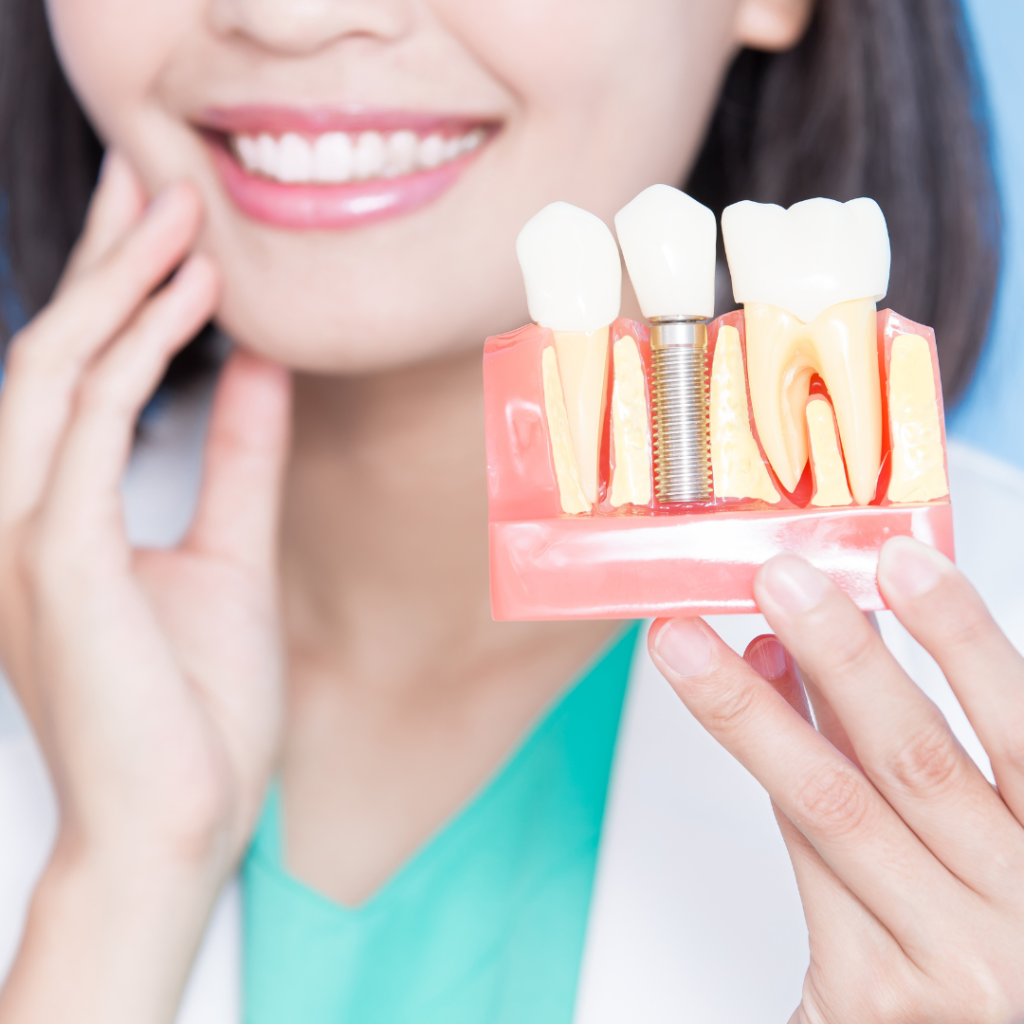
Implant Megagen for 2500 zł only
This solution provides durability, comfort, and a natural look, allowing you to enjoy everyday comfort.

Professional Dental Cleaning 4in1 + Check-up for 350 zł
The beginning of a new year is the perfect time to focus on your health and build good habits.

Surgical and implantology consultation with CT for PLN 350!
The special offer for PLN 350 is valid until July 31, 2025.
